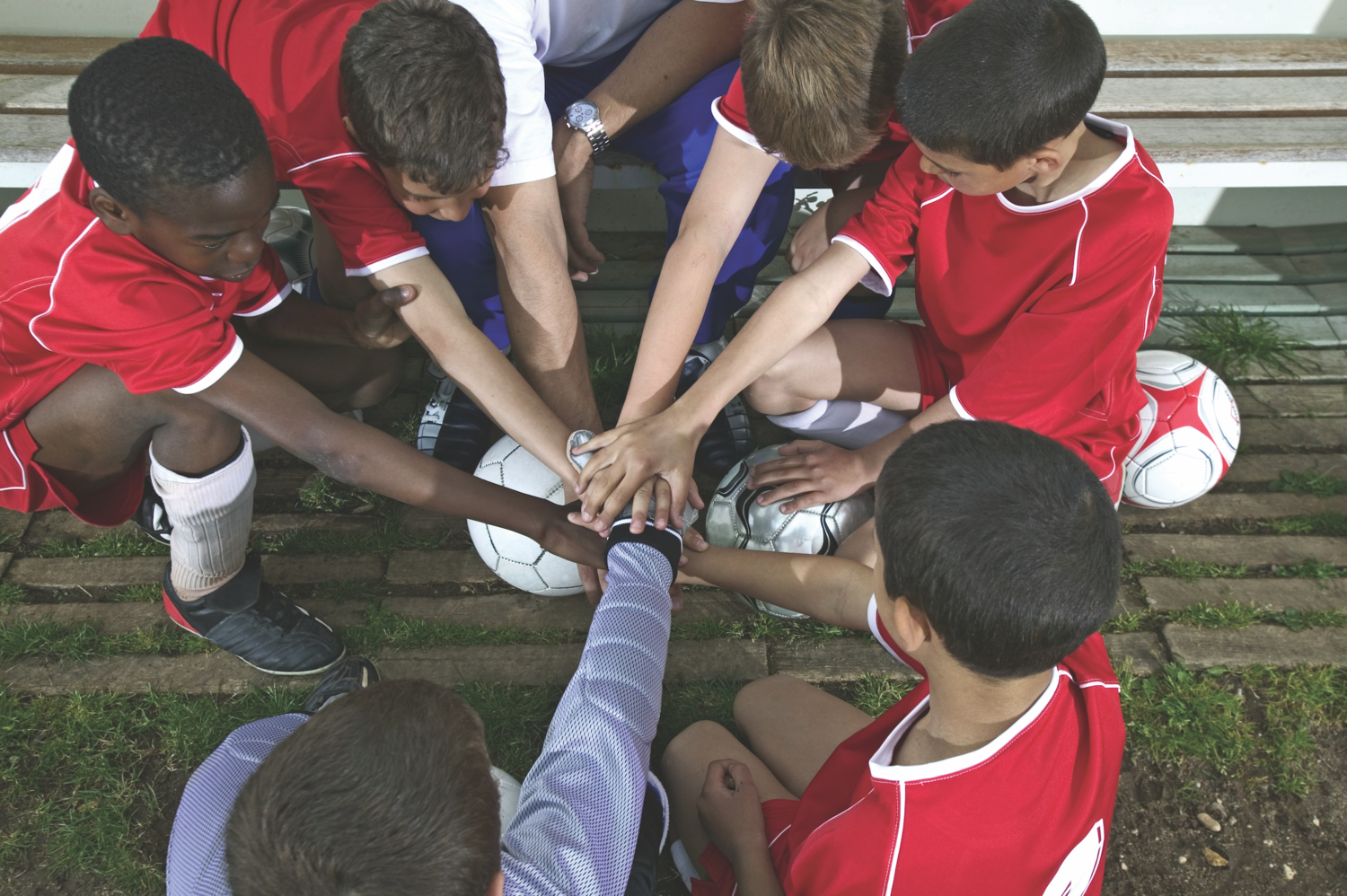
Preschool is a big adjustment for many children, and it changes their lives significantly. The preschool period is a very important stage in a child’s development, as they learn how to function within a school setting, understanding and practicing the behaviors required for successful interactions with peers and adults, and participating in classroom activities.
This study focuses on the extent to which theory of mind abilities and the quality of peer relationships contribute to preschool children’s success in adapting to being in a school environment. The theory of mind is defined as “a child’s ability to predict and understand that the behavior of others is meaningful and intentional” (Rowe et al., 2001). Acquiring the ability of theory of mind allows for children to have a better understanding of what children are thinking. Theory of mind skills are crucial for children to build healthy social connections, navigate social challenges, and successfully adjust to school.
To read more, click here!
Alexandra Lagaros, UConn KIDS Research Assistant











